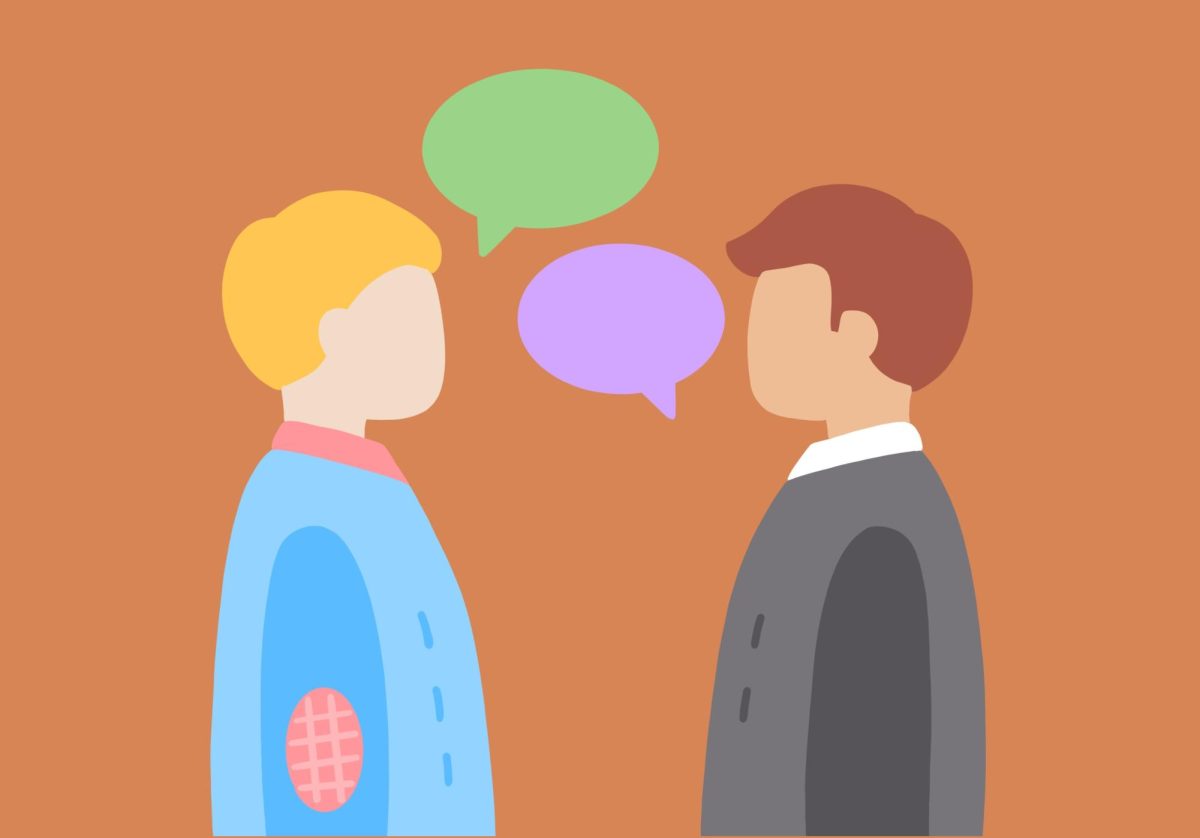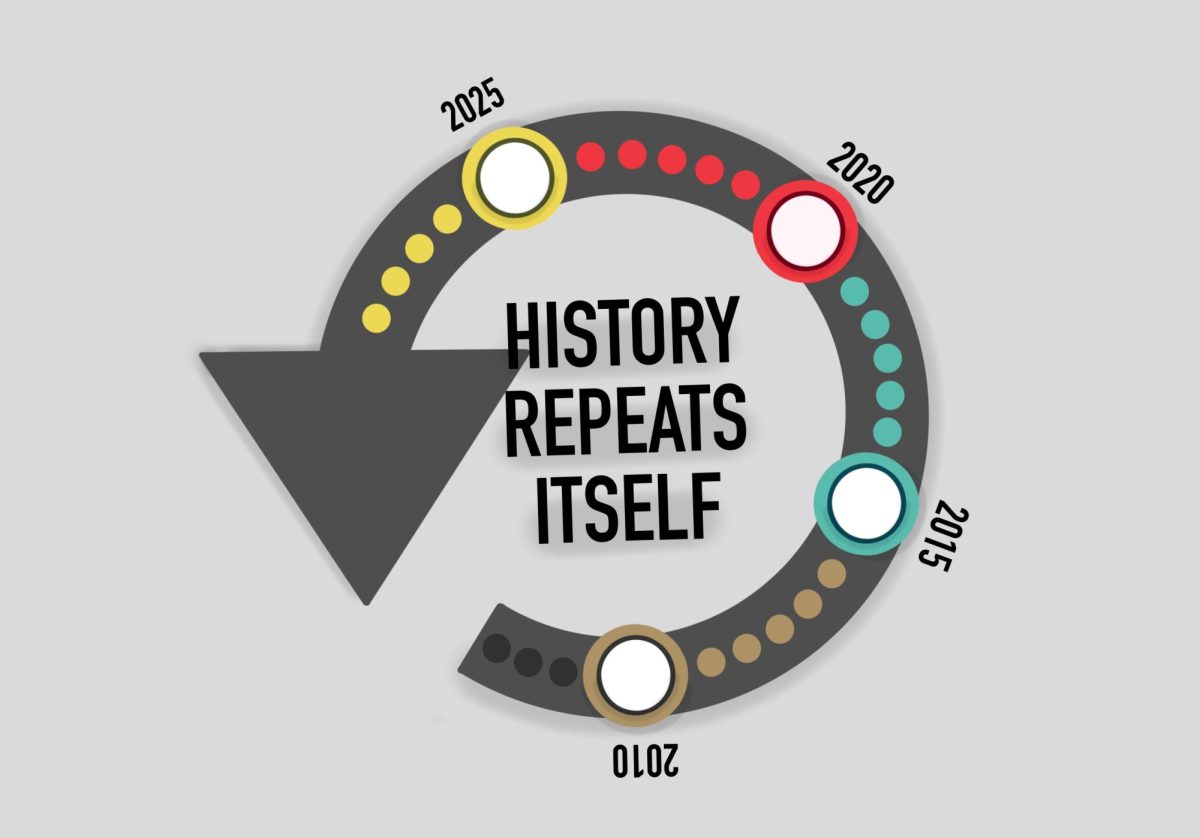When Vanessa Bartlett unexpectedly had to return home from college last November, her mental health took a hit.
The sudden change left Bartlett, a third-year psychology student at Hamline University, feeling isolated and depressed. “I was really struggling mental health-wise,” she said.
The cure for her loneliness, at least in part, came in the form of a fuzzy, four-legged friend. That same month, Bartlett and her family adopted Echo, a three-month-old Labrador mix.
In true puppy fashion, Echo brought a boatload of energy to her new home. Training a new puppy was challenging, but worth it. “It’s exciting and fulfilling,” Bartlett said.
The new pet, Bartlett said, brought some direction back to her life.
“It’s easy to feel like you’ve lost your sense of purpose,” she said. “But I felt like I found that again with Echo.”
The emotional benefits of our furry friends don’t just exist in the abstract. Interacting with pets has been shown to reduce levels of cortisol — one of the body’s main stress hormones — as well as blood pressure, according to the National Institutes of Health.
I don’t have a medical degree, but that fact comes as little surprise to me. I’ve long been a pet person, reaping the benefits of their healing powers.
Even when I lay awake at night, unable to sleep because of my two cats’ 3:00 a.m. shenanigans, I am at least a little bit grateful. The noise, while annoying at the moment, is an indicator that I’m not alone. Even while I’m sleeping, two of my friends are close by.
But, as Bartlett points out, there’s something about loving a pet that’s just different; you’re not just a friend, you’re its caretaker. That level of responsibility, of constantly needing to keep tabs on the health and happiness of a creature other than yourself, makes life brighter.
Many of my closest friends are also pet people, and a sentiment I hear frequently is that even on their worst days — the days when they don’t want to get out of bed, shower or do much of anything — they’ll always get up to care for their animals.
I find that it’s much easier to neglect yourself than to neglect someone else. But, once you’ve done that step of taking care of someone else — feeding the cat or walking the dog — taking care of yourself seems easier. You’re already up. Why not shower, or make yourself something to eat?
Even though Echo’s adoption was not without its psychological perks, Bartlett admitted that welcoming a new puppy into her home was challenging. “It’s like a devious baby,” she said, noting that she’s spent the last few months training the energetic pup.
However, putting in the effort to care for another being was at least part of how Echo lifted the student’s spirits. “It’s very fulfilling to have something there that needs you all the time,” Bartlett said. “I’ve learned a lot about myself and I’ve learned that I’m capable of taking care of something.”
Based on her experience, Bartlett says she’d definitely recommend adopting a pet to anyone who is struggling with their mental health, provided that they know what they’re getting into.
“I would recommend getting a pet for anyone who is struggling,” she said. “But please do your research and be prepared to take care of them.”














